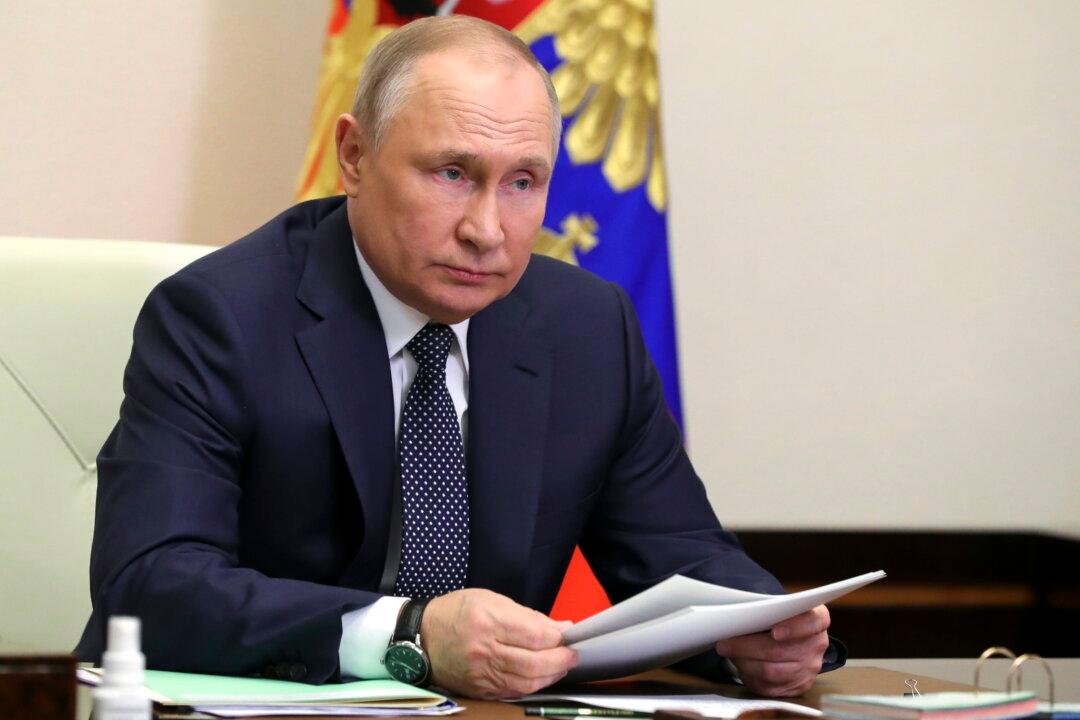Despite severe Western sanctions levied against Russia since its war with Ukraine began Feb. 24, Russia is expected to earn nearly $321 billion from energy exports in 2022, an increase of more than a third over 2021, Bloomberg News reported.
Moscow’s economy has survived a full month of sanctions and is emerging with a relatively strong balance sheet, as many of its strategic trading partners remain dependent on its energy exports, and the Institute of International Finance (IIF) said that Russia’s budget surplus may reach a record high of $240 billion.





